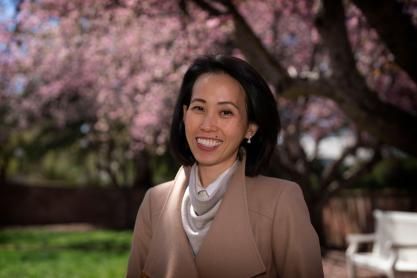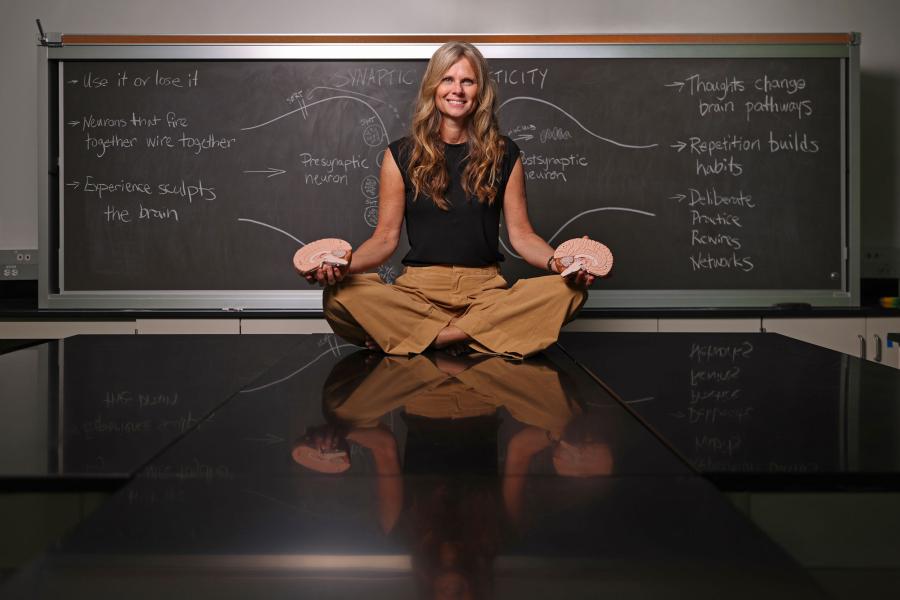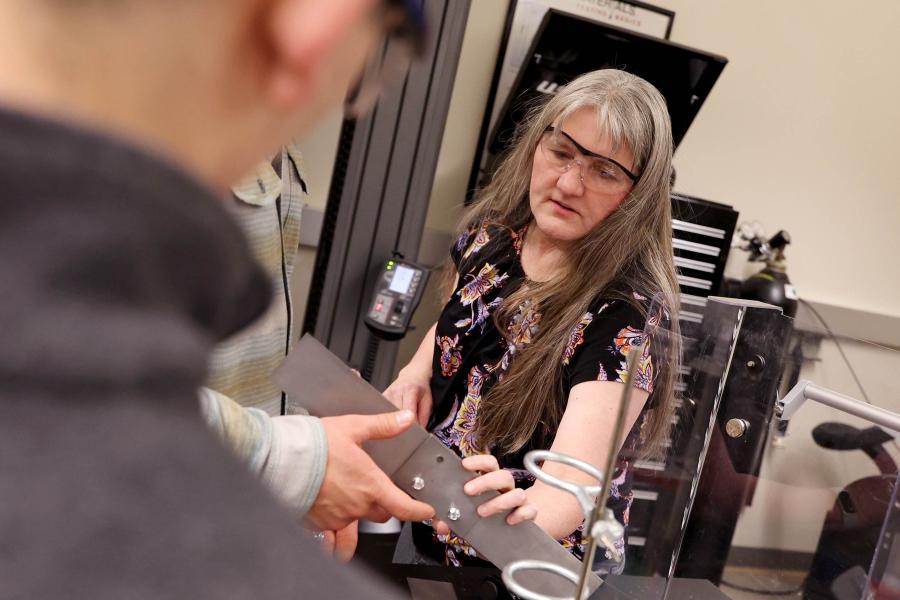“I believe that relationships are the foundation of good teaching, from early childhood through graduate school,” she said. “You’re really going to miss out if you don’t build those relationships because that’s what gives you access and trust. That gives you the ability to push people past what they think they can do. And elementary teaching is incredibly hard work.”
Paulick was an elementary school teacher for four years, first in Compton, California, and then in Boulder, Colorado. Her introduction to teaching came in a summer program in New Haven, Connecticut. Those experiences, and time in the Peace Corps teaching educators in Polynesia’s Kingdom of Tonga, inspired her belief in getting to know students.
“I know from my own experiences that the most effective way to reach somebody, especially around topics that might feel challenging, is to be curious and open and build relationships with them first,” she said.
Paulick said teaching graduate students and being an elementary school teacher are different sides of the same coin.
“I loved being a classroom teacher. I loved getting to know children and really see the light bulbs going on when they understand something. That was exciting. It was invigorating. And I think teacher education is similar,” she said.
“Every year there’s a new group of people who have chosen this profession. They’re excited about it. I think anyone who’s choosing the profession in the current anti-teacher climate is a hero. They’re remarkable humans and I want to get to know them,” she said. “Some are parents, some have been out in the world doing very different things than teaching. All of them are interesting. Building on their life experience, identities and prior knowledge is really powerful.”
The win for Paulick is seeing her students succeed in their classrooms and starting them on lasting careers.
“The goal is to create teachers who stay in the classroom and who also become teacher-leaders in their schools and their school districts,” she said. “I want them to stay in love with teaching and their students and feel great, confident, skilled and like there’s room for professional growth, even if they stay in teaching for 20 or 30 years.”







